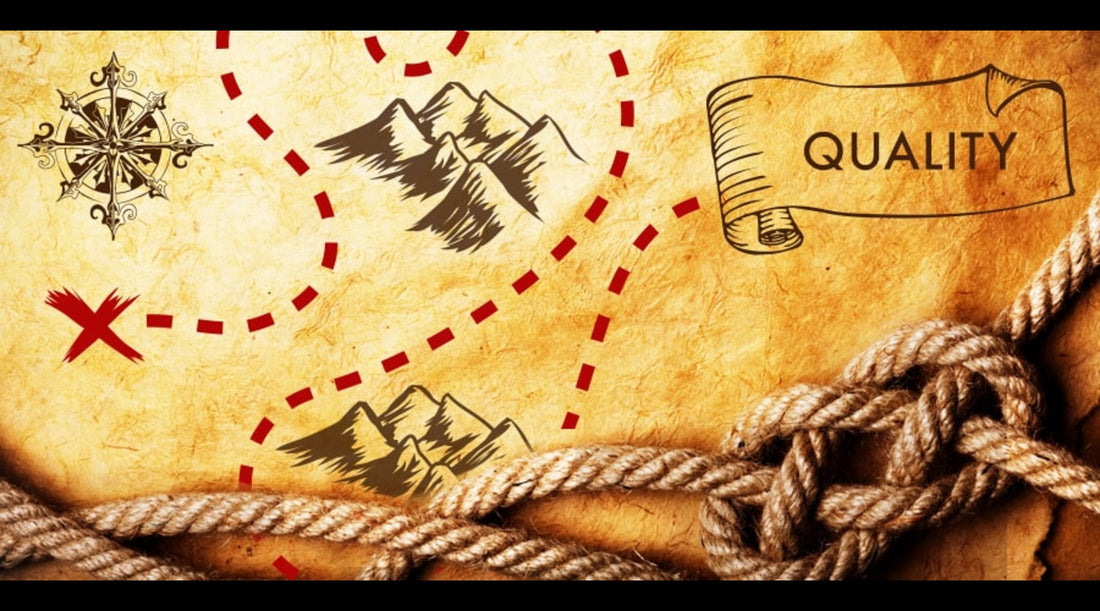
Unleash Adventure: Hosting a Treasure Hunt Activity for Your Next Event
Share
Treasure hunts have long been a beloved activity, sparking excitement, teamwork, and a sense of adventure among participants. Whether you're planning a corporate team-building event, a birthday party, or a community gathering, a treasure hunt is an engaging and versatile option that can be tailored to suit any occasion. In this blog post, we'll explore why treasure hunts are a fantastic addition to any event and provide tips for planning and executing a memorable adventure.
Why Choose a Treasure Hunt?
- Team Building: Treasure hunts encourage collaboration, communication, and problem-solving skills, making them an ideal activity for fostering teamwork and camaraderie.
- Inclusive: Suitable for participants of all ages and fitness levels, treasure hunts offer an inclusive experience that everyone can enjoy.
- Excitement and Thrills: The thrill of the hunt, combined with the anticipation of discovering hidden treasures, creates an atmosphere of excitement and adventure.
- Customizable: Treasure hunts can be customized to match the theme, location, and objectives of your event, providing endless possibilities for creativity and personalization.
Planning and Preparation
- Define Objectives: Determine the goals and objectives of your treasure hunt. Are you aiming to promote team building, entertain guests, or educate participants about a specific topic or theme?
- Choose a Theme: Select a theme for your treasure hunt that aligns with the overall theme or purpose of your event. Popular themes include pirate treasure hunts, historical mysteries, and scavenger hunts based on local landmarks.
- Design the Hunt: Create a map or set of clues that will lead participants on a journey of discovery. Consider incorporating riddles, puzzles, and physical challenges to keep the hunt engaging and dynamic.
- Select Prizes: Decide on prizes for the winning team or teams. Prizes can range from small tokens or certificates to larger rewards such as gift cards or experiences.
Execution Tips
- Set Clear Rules: Communicate the rules and guidelines of the treasure hunt to participants before the event begins. Ensure everyone understands how the hunt will unfold and what is expected of them.
- Provide Clues: Distribute clues or instructions to participants at the start of the treasure hunt. Consider using a combination of written clues, visual cues, and digital hints to keep the challenge varied and interesting.
- Monitor Progress: Have staff or volunteers stationed at key locations throughout the hunt to provide assistance, monitor progress, and ensure safety.
- Encourage Collaboration: Encourage participants to work together in teams to solve clues and overcome challenges. Emphasize the importance of communication and cooperation in achieving success.
Post-Event Follow-Up
- Celebrate Success: Congratulate the winning teams and acknowledge their achievements during a post-event ceremony or gathering.
- Gather Feedback: Collect feedback from participants about their experience with the treasure hunt. Use this feedback to identify strengths and areas for improvement for future events.
- Document Memories: Capture photos and videos of the treasure hunt in action to preserve memories and share highlights with participants and stakeholders.
Conclusion
A treasure hunt is more than just a game—it's an immersive experience that brings people together, promotes teamwork, and creates lasting memories. By incorporating a treasure hunt into your event planning, you can elevate the excitement and engagement factor for participants of all ages. With careful planning, creativity, and attention to detail, you can host a treasure hunt that will be remembered and cherished by all who participate. So, gather your adventurers, map out your route, and embark on an unforgettable journey of discovery at your next event!
